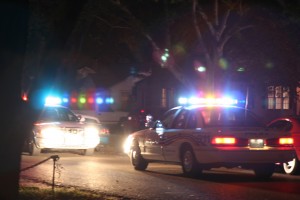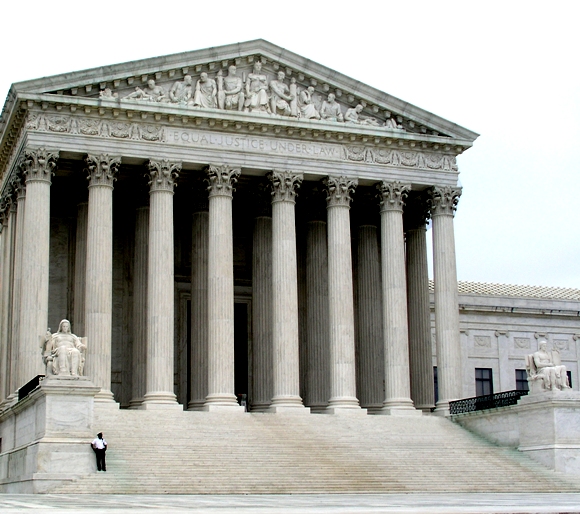 This week the Minnesota Supreme Court limited law enforcement’s ability to search and seize personal possessions. The opinion in Garcia-Mendoza vs 2003 Chevy Tahoe held that constitutional protections against unreasonable search and seizure also applied to Minnesota civil matters, and not just criminal ones. Similarly, the ruling in State v. Rohde determined that police had illegally impounded and searched a properly parked vehicle.
This week the Minnesota Supreme Court limited law enforcement’s ability to search and seize personal possessions. The opinion in Garcia-Mendoza vs 2003 Chevy Tahoe held that constitutional protections against unreasonable search and seizure also applied to Minnesota civil matters, and not just criminal ones. Similarly, the ruling in State v. Rohde determined that police had illegally impounded and searched a properly parked vehicle.
Both cases involved drugs found while searching vehicles whose impoundments were later found to be illegal. The exclusionary rule under U.S. Supreme Court rulings has long held that illegally-obtained evidence obtained cannot be used criminal proceedings (see Mapp vs. Ohio(1961)). The Minnesota Supreme Court had not previously extended the exclusionary rule principle to Minnesota civil matters such as vehicle forfeiture. (Civil forfeiture allows law enforcement to take property allegedly connected to a crime. See Minnesota Statutes §§609.531-5319.) Until recently in Minnesota, authorities could use civil forfeiture even if a person was not convicted.
The Court particularly pointed to the Minnesota Constitution in its Garcia-Mendoza decision, which states that the “right of the people to be secure in their persons, houses, papers, and effects, against unreasonable searches and seizures.”






![lockedout[1]](https://ramseylawlibrary.org/wp-content/uploads/2014/04/lockedout1.gif)

